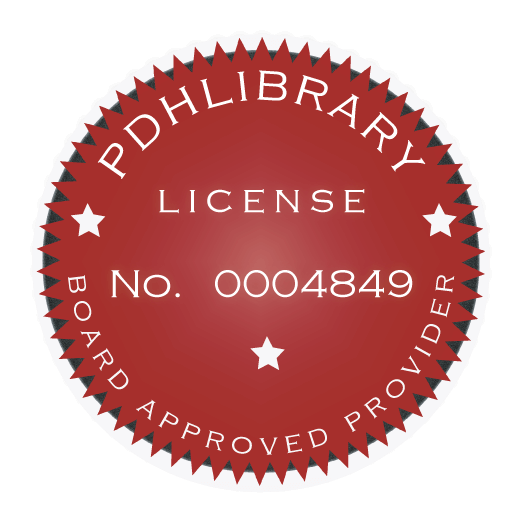This course can be taken as a video course or as a written course. To access the course video, the course must first be purchased. The video can then be accessed by clicking on "My Account" and then clicking on the "Video Courses" tab.
The written pdf version of the course is accessed using the download link to the right which also has a copy of the quiz. This version of the course can be taken before paying. We recommend downloading the course materials and the quiz so that you can take the quiz as you listen to the course or read the course.
Course Description
The industrial revolution may have been fired by coal, but it was powered by steam. Humans have been harnessing the power of steam for thousands of years, but it is only in the past 200 years that we have started to rely on it for countless industrial applications. This course looks at the origins of steam, its theory (thermodynamics), generation and applications.
Irrespective of your engineering background, learning about steam will greatly benefit your career. Steam systems are used at almost every industrial facility on the planet, so you can apply everything you learn in this course to real world situations.
This course is taught by an ex-marine engineer with 17 years experience...you're in good hands!
Interactive 3D models have been used to show you the fire tube and water tube boiler designs in great detail.
2D images have been used to clarify complicated topics.
Quiz questions have been added so you can test your knowledge!
Learning Objectives
You will learn:
• Why we use steam instead of other energy fluids.
• The history of steam in engineering.
• Heat fundamentals (thermodynamics, latent heat, sensible heat etc.).
• Heat transfer (conduction, convection and radiation etc.).
• Combustion theory (efficiency, heat values etc.).
• Steam properties (wet, dry, saturated, enthalpy etc.).
• Boilers (designs and applications).
• And a lot more!
Course Outline
I. Introduction:
•History
•Uses of Steam
•Why Steam?
•The Steam System
II. Thermodynamics:
•Pressure
•Boiling Point
•Thermodynamics
•Heat
•Sensible and Latent Heat
•Transferring Heat
•Conduction
•Convection
•Radiation
•Temperature
•Heat Units
•Specific Heat
III. Combustion:
•Combustion Chemical Reaction
•Combustion Requirements
•Perfect, Complete and Incomplete
•Primary, Secondary and Excess Air
•Efficiency
•Combustion Efficiency
•Thermal Efficiency
•Heat Value / Calorific Value
IV. Steam Properties:
•Ideal Gas Law
•Saturated and Superheated Steam
•Dry and Wet Steam
•Dryness Fraction
•Clean Steam
•Enthalpy
•Steam Tables
Prerequisites:
There are no special prerequisites for this course.

